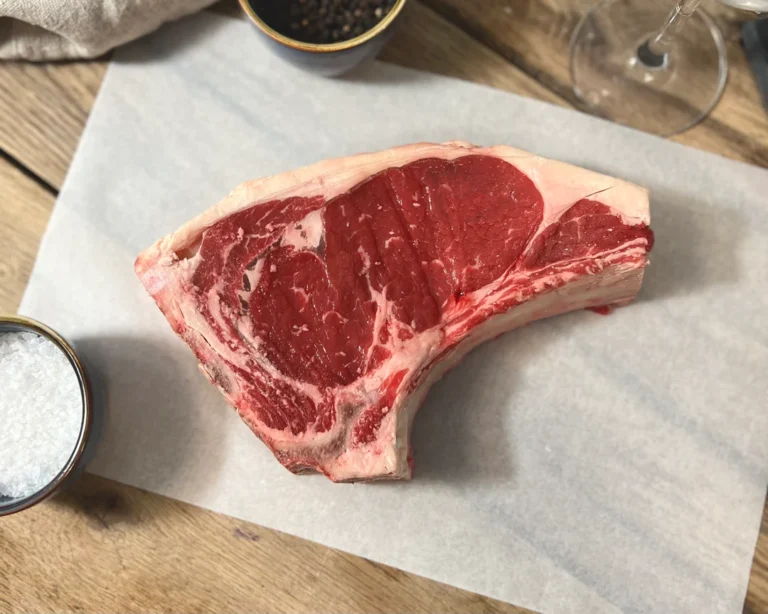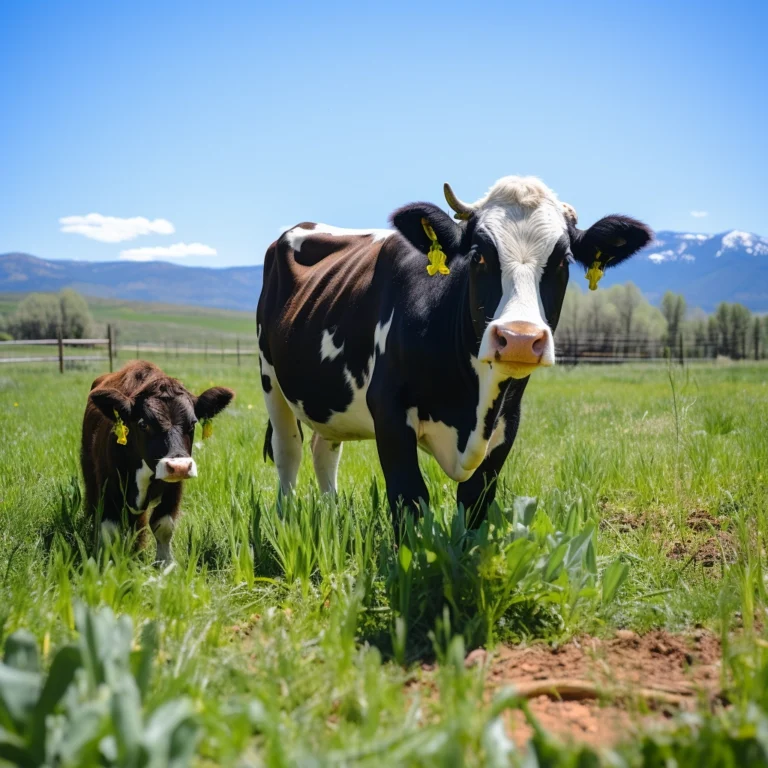In today’s health-conscious world, the quest for healthier dietary options is more prevalent than ever. One topic that frequently comes up in these discussions is the consumption of organic grass-fed meat. With its growing popularity among health enthusiasts and environmentalists alike, it’s worth delving into the benefits of integrating organic grass-fed meat into your diet. This blog explores three key benefits of choosing organic grass-fed meat over its conventional counterparts.

1. Enhanced Nutritional Profile
Organic grass-fed meat boasts a superior nutritional profile compared to conventional meat. Studies have shown that grass-fed beef contains higher levels of beneficial fatty acids, particularly omega-3 fatty acids and alpha-linolenic acid, which are crucial for cardiovascular health and cognitive function. Furthermore, grass fed meat is richer in antioxidants like glutathione and superoxide dismutase, which combat oxidative stress and may reduce the risk of chronic diseases. The improved fatty acid composition and antioxidant content highlight organic grass-fed meat’s role in a balanced, nutrient-rich diet. For a deeper understanding of how dietary choices affect your health, you might find the insights in “Vegan Diet Versus Animal-Based Diet: A Health Perspective” interesting. Read more about it here.
2. Lower Environmental Impact
The production of grass fed meat has a significantly lower environmental footprint than conventional meat production. Practices such as rotational grazing and the avoidance of chemical fertilizers and pesticides in organic farming contribute to soil health, biodiversity, and reduced greenhouse gas emissions. Moreover, grass-fed farming systems generally use less energy and maintain ecological balance by mimicking natural animal behaviors. By choosing organic grass-fed meat, consumers can play a part in promoting sustainable agricultural practices that are more in harmony with the environment. If you’re interested in learning more about the environmental aspects of food production, the article “Key Differences Between Organic and Conventional Foods” provides further insight. You can read it here.


3. Ethical and Animal Welfare Considerations
Grass fed meat comes from animals that have been raised in more natural and humane conditions. Unlike conventional farming systems, where animals are often confined in crowded feedlots, organic standards ensure that animals graze on pasture, with access to outdoor spaces and a diet that is closer to their natural feeding patterns. This not only leads to healthier animals but also aligns with ethical considerations regarding animal welfare. Consumers who prioritize animal welfare in their purchasing decisions may find organic grass-fed meat to be a more ethical choice. For further exploration of diet and ethics, the discussion in “Benefits and Drawbacks of a Carnivore Diet” could be of interest, offering a comparison that might enhance your understanding of dietary choices. Learn more here.
Incorporating grass-fed meat into your diet offers numerous benefits, from a nutritional standpoint to environmental sustainability and ethical considerations. While the choice between organic grass-fed and conventional meat might come down to personal values and preferences, it’s clear that the former offers a compelling array of advantages. As we continue to seek healthier lifestyles and more sustainable food systems, organic grass-fed meat presents an option worth considering for those looking to make mindful dietary choices.
Choosing organic grass-fed meat is not just about what we eat, but also about the impact we have on our planet and the respect we show towards the animals. It represents a holistic approach to health, sustainability, and ethical living.